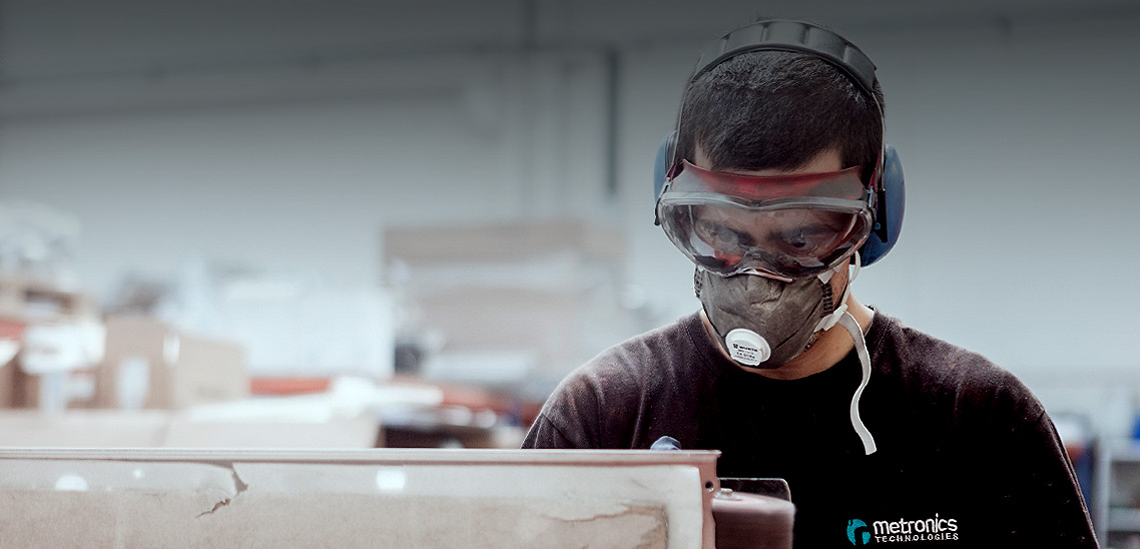IDUS HPP SYSTEMS
FAQs
01 - WHAT IS THE HPP TECHNOLOGY?
High pressure processing (HPP) is non-thermal preservation technology consisting in the application of high levels of hydrostatic pressure to food products, normally in their final package. This pressure transmitted only by cold water inactivates pathogens and bacteria responsible of food spoilage, extending shelf life and guaranteeing food safety.
Industrial equipment reach 6.000 Bar pressure that is the standard in this technology. As a non-thermal technology it keeps the freshness and natural properties of the product.
02- WHAT ARE THE ADVANTAGES OF HPP COMPARED TO TOHER PRESERVATION TECHNIQUES?
As a non-thermal technology the quality of the product obtained while compared to other preservation methods that use heating processes is much better. Both organoleptic and nutritional properties are kept in most products with minimal to no changes. Thus you can obtain a high value added product, safe to consume and with an extended shelf life.
This brings the opportunity to create products that otherwise would not be possible to produce due to the application of high temperatures. For example fresh salsas or salads that would be overcooked if were thermally pasteurized.
Besides, the HPP can be applied to a wide variety of products, from solids, semisolids, to liquids. The shape of the packaging is no longer a limitation as pressure reaches all the chamber evenly.
03 - WHAT KIND OF PRODUCTS ARE SUITABLE FOR HPP?
There are many applications for the HPP technology. Currently in the global market the main ones are juices and smoothies, fish and seafood products, meat products, salsas and spreadable products, avocados and guacamoles, other vegetable products such as hummus or sauces, ready to eat meals, wet salads, baby food and pet food, some nutraceutical products and more.
You can visit our Applications section for further information of each kind of product.
04 - DOES HPP IMPACT THE PRODUCT AND ITS NATURAL PROPERTIES?
While other preservation techniques destroy most of the nutrients and modify drastically some organoleptic peoperties, HPP retains both of them much better. In most products there are no appreciable changes keeping the natural flavour, smell, texture and all the nutritional properties of the fresh product.
Still some minor changes may occur depending on the product to be processed.
05 - IS FOOD SAFETY GUARANTEED WITH HPP?
Although testing is always required, HPP can inactivate vegetative pathogens and bacteria contained in food products. With pressure levels between 4.000 and 6.000 Bar, it is effective against Listeria, E. Coli, Salmonella, Vibrio, Norovirus, yeasts and molds.
There are some organisms and enzymes that are pressure resistant even at the highest available pressures. Low pH and refrigeration temperatures help to guarantee the food safety along with HPP.
06 - IS THE HPP A STERILIZATION PROCESS?
HPP can inactivate vegetative bacteria, pathogens and viruses contained in food products keeping them under pressure levels between 4.000 to 6.000 Bar for seconds to approximately 5 minutes.
Still there are some pressure resistant microorganisms and enzymes that remain viable after the high pressure process. Thus development of shelf stable products is not possible with HPP.
Summarizing, HPP brings the opportunity to create high value added products keeping all the natural properties and freshness, nonetheless it is not a sterilization process.
07 - HOW LONG DOES IT TAKE A FULL HPP CYCLE?
HPP cycle times will vary depending on machinery and parameters of the process, mainly pressure level to be applied and time under pressure.
The most typical recipe of 6.000 bar and 3 minutes under pressure lead to a total cycle time of approximately 6 minutes.
This cycle time includes loading and unloading of products to the machine's vessel.
08 - WHAT IS THE PRODUCTION CAPACITY OF A HPP MACHINE?
Our HPP machines are based in different vessel volumes and diameters. Production of each unit depends on the recipe parameters and machine model.
Production is highly variable starting from 25 kg per hour of our smallest Idus 10L machine up to some 1600 kg per hour of our Idus 300L machine with full power.
09 - WHERE ARE IDUS MACHINES MANUFACTURED?
All the engineering, design, manufacturing and construction of our HPP machines is done in our factory in Spain.
We use only the best available materials and components in the market to ensure the best possible quality, reliability and performance.
We monitor our machines from our general offices in Spain so we can offer the best aftersales service worldwide.

WE’RE ALSO INTERESTED IN YOU
DO YOU WANT TO TALK?
If you’re interested in anything IDUS HPP SYSTEMS can offer you, don’t hesitate to contact us. Send us an e-mail and your telephone and we will answer you as soon as we can

